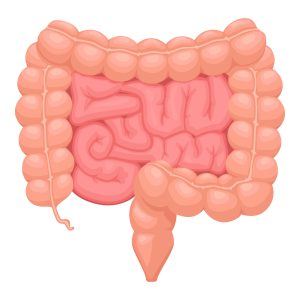
Part 6
Words by Ptaah, Contact Report 813
- The intestine in particular, as part of the immune system, has a very great influence on the body’s own defences and thus also on health.
- The intestine, which is around six to nine metres long in normal human beings and also has a total surface area of around 400 square metres, is responsible for 77 to 83 percent of the immune defence in the entire body of a normal human being.
- The intestine decides what the intestinal barrier allows to enter the bloodstream and what not.
- The good bacteria are distinguished from the bad, just as pathogens are denied entry into the bloodstream.
- The intestine, which is part of the immune system and thus has a very great influence on the body’s own defences, is not only very important for human beings, it is vital. Thus the intestine, with its influence on the immune system, is the most important organ of all in this respect. [F1]
Words of Quetzal Contact Report 581
- They are therefore responsible for digestion, but also for the regulation of the water balance and the formation of a large part of the immune system’s defence cells, as well as for the production of hormones and messenger substances.
- The intestines are not just organs or bowels, as is wrongly done in earthly medicine, because the intestines extend from the stomach gate to the anus.
- These are divided into different regions, such as the small intestine, consisting of the duodenum, then the jejunum, ileum, ileum, large intestine with the appendix, colon and rectum.
- Between the beginning of the mouth and the end of the intestines there is still the oral cavity and oesophagus as well as the stomach.
- The intestines of the human being are about eight metres long and have a simple surface area of about 400 to 500 square metres in their circumference and together with the fine intestinal villi.[F2]